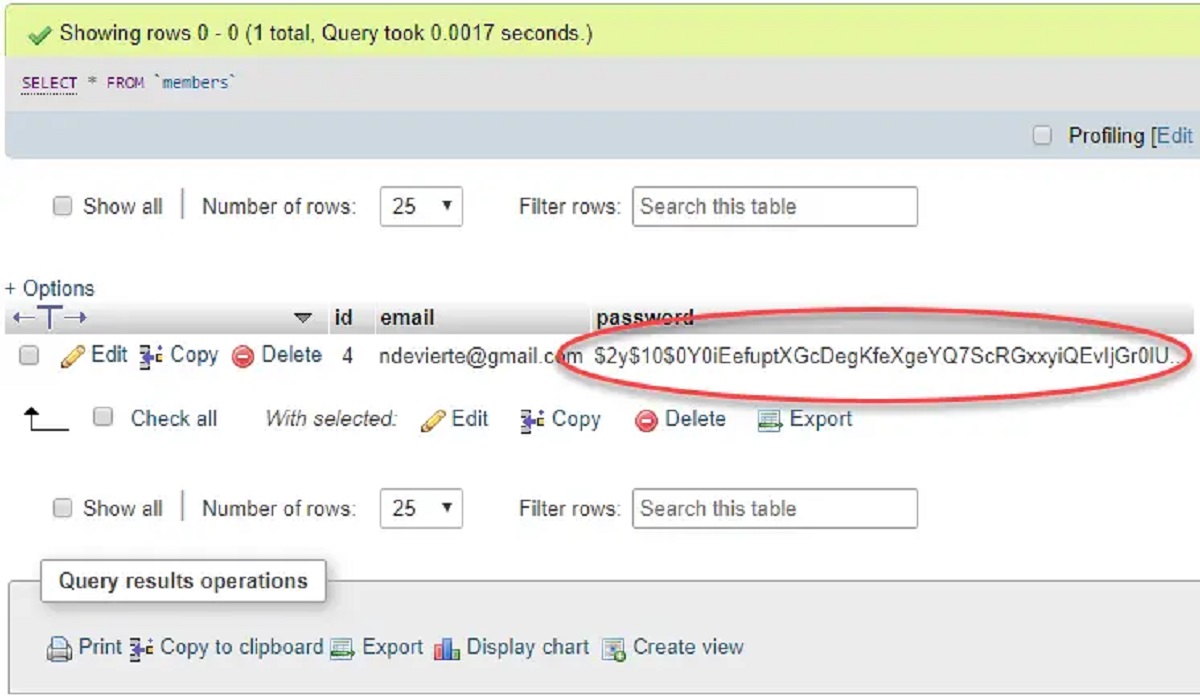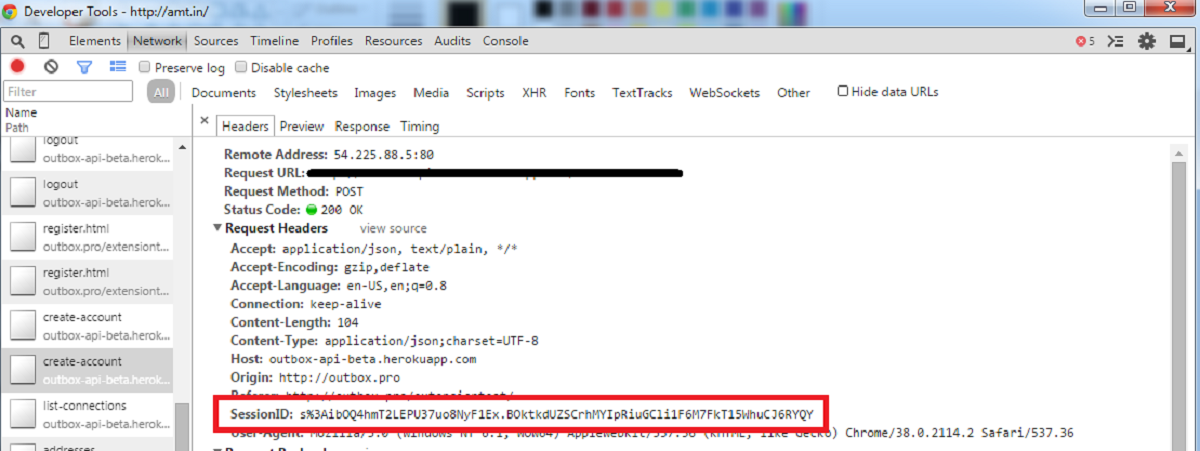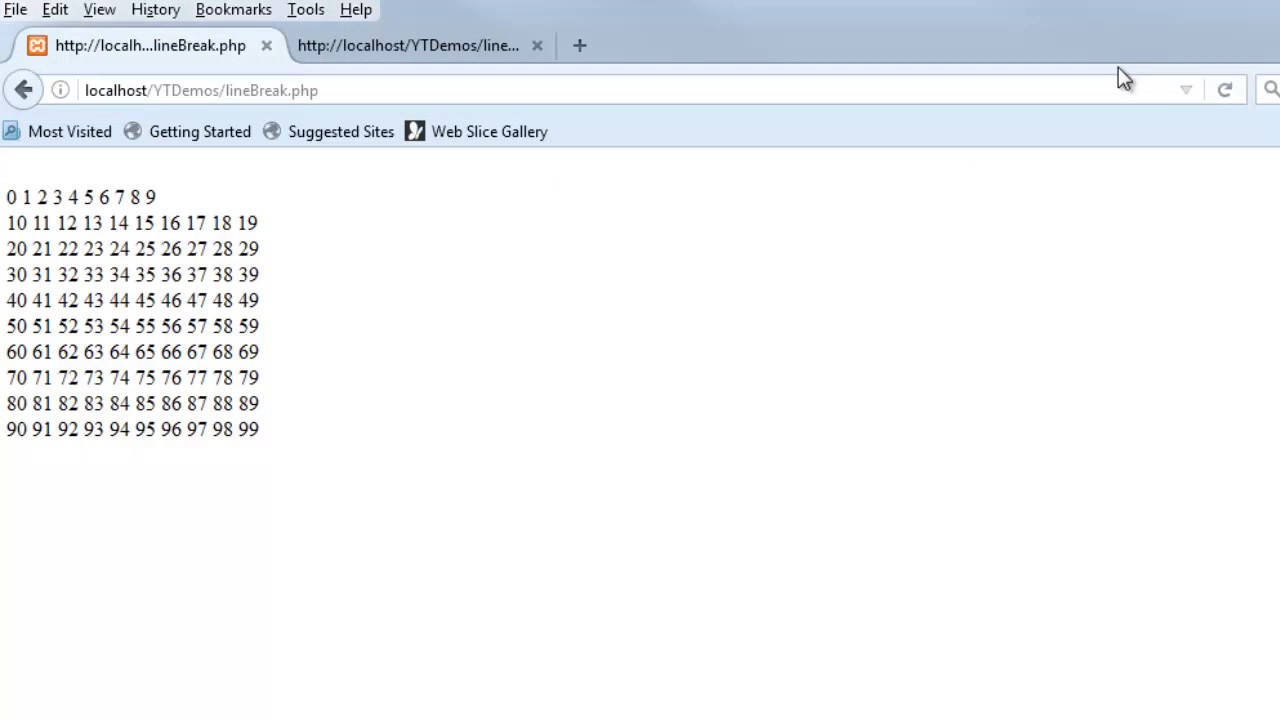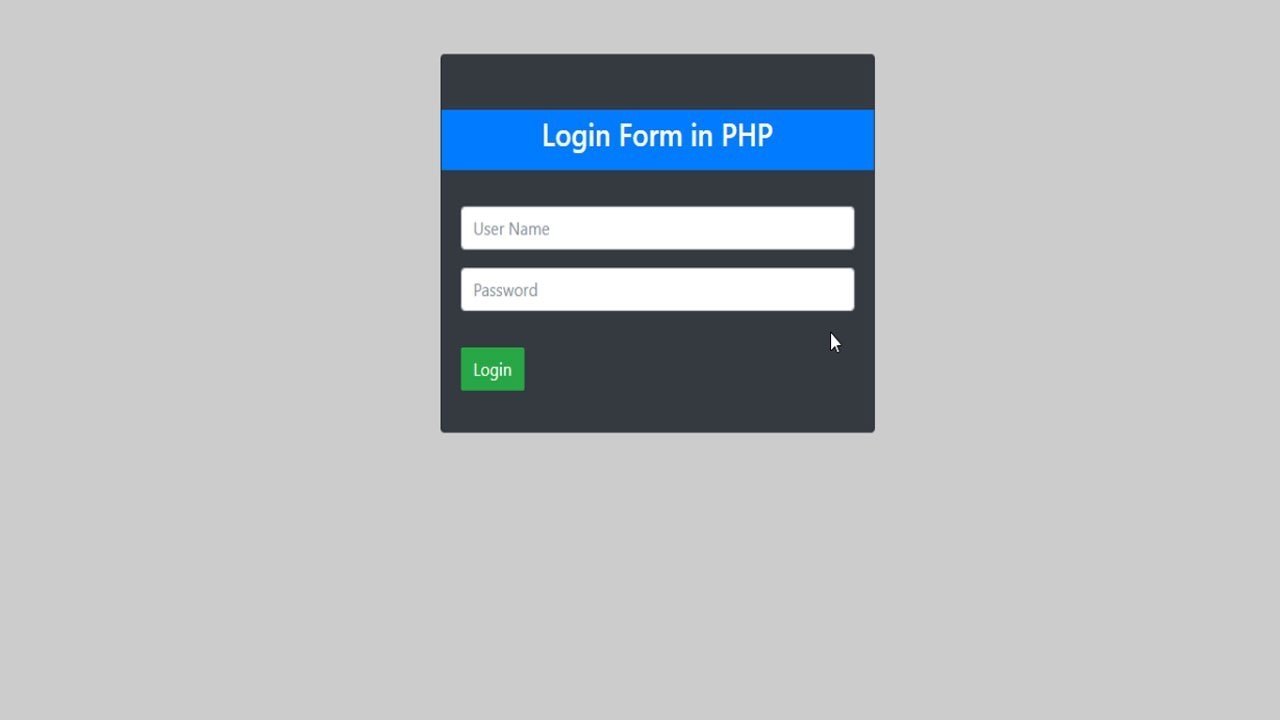Introduction
In the world of programming, generating random keys or hashes is a common requirement. Random hashes are utilized in various applications, such as generating secure passwords, creating unique identifiers, and ensuring data integrity.
A hash is a unique string that is generated from a specific set of data using an algorithm. It is often used to identify the integrity and authenticity of data, as any slight change in the input will result in a completely different hash value.
In this article, we will explore different methods of generating random hashes using PHP. We will discuss the usage of popular PHP functions like md5, sha1, and uniqid, as well as generating random salts and utilizing the password_hash function for secure hashing.
Whether you are working on a web application, a database, or a security system, understanding how to generate random hashes using PHP is an essential skill for any web developer.
So, without further ado, let’s dive into the different methods of generating random hashes in PHP.
What is a Hash?
In the context of programming and cryptography, a hash is a fixed-length string that is generated from input data using an algorithm. The process of generating a hash is known as hashing. Hash functions are designed to be fast and efficient in generating the hash value.
The primary purpose of a hash is to ensure data integrity and authenticity. It provides a unique identifier for a particular set of data, making it possible to detect any changes or tampering. Even a small alteration in the input data will result in a completely different hash value.
Hashes are widely used in various applications such as password storage, data verification, and indexing. They are commonly used in web applications to securely store user passwords. Instead of storing the actual passwords, the hash of the password is stored. This ensures that even if the database is compromised, the attacker cannot retrieve the original passwords.
Another common use case for hashes is in data verification. When transferring or downloading files, hashes can be generated for the source and destination files. By comparing these hashes, we can verify the integrity of the transferred data and ensure that no errors or modifications occurred during the transfer.
Hash functions are designed to be one-way, meaning it is computationally difficult to retrieve the original input data from the hash value. This property adds an additional layer of security to sensitive information.
Now that we understand the concept of hashes and their importance in data integrity, let’s explore how we can generate random hashes in PHP using various built-in functions and techniques.
Using the md5 function
One of the simplest ways to generate a random hash in PHP is by using the md5 function. The md5 function takes a string as input and returns a 32-character hexadecimal hash value.
To use the md5 function, you can pass a random string, such as a combination of numbers, letters, and special characters, as its argument. Here’s an example:
$randomString = "Hello World!";
$hash = md5($randomString);
The $hash variable will now hold the hexadecimal hash value of the random string. It is important to note that the md5 function is not secure for hashing passwords or sensitive data. It is considered a weak algorithm and can be easily cracked by modern computing power or rainbow table attacks.
However, the md5 function can still be useful in scenarios where security is not a major concern, such as generating unique identifiers or short-lived hashes for temporary use.
It is worth mentioning that the md5 function should not be used alone for securing sensitive data. Instead, it is recommended to combine it with other techniques like salting and key derivation functions to enhance security.
In the next section, we will explore another commonly used hash function in PHP, the sha1 function, and how it can be used to generate random hashes.
Using the sha1 function
In addition to the md5 function, PHP provides the sha1 function for generating random hashes. The sha1 function takes a string as input and returns a 40-character hexadecimal hash value.
To use the sha1 function, you can pass a random string as its argument, similar to the md5 example:
$randomString = "Hello World!";
$hash = sha1($randomString);
The $hash variable will now hold the hexadecimal hash value of the random string using the sha1 algorithm. Like md5, sha1 is also considered a weak algorithm for securing sensitive data, and it is susceptible to modern computing power or brute force attacks.
Just like md5, the sha1 function can still be useful in scenarios where security is not a major concern, such as generating unique identifiers or short-lived hashes.
It is important to note that the security vulnerabilities of md5 and sha1 have led to their deprecation in many security-sensitive contexts. In modern PHP applications, it is recommended to use stronger hash algorithms, such as bcrypt or Argon2, for securing passwords and sensitive data.
However, the sha1 function can still serve its purpose in non-security critical applications, or as a part of a larger hashing strategy that incorporates stronger algorithms and additional security measures.
Now that we have explored the md5 and sha1 functions, let’s move on to another approach for generating random hashes using the uniqid function.
Using the uniqid function
In addition to the md5 and sha1 functions, PHP provides the uniqid function as another method for generating random hashes. The uniqid function returns a unique identifier based on the current time in microseconds.
The uniqid function does not require any input argument and can be used directly as follows:
$hash = uniqid();
The $hash variable will now hold a unique identifier generated by the uniqid function. By default, the unique identifier consists of the current timestamp in microseconds and additional characters (e.g., hexadecimal digits) to ensure uniqueness.
Since the unique identifier is generated based on the current time, it is highly likely to be different every time the script runs. This makes the uniqid function suitable for generating random hashes for non-security-critical purposes, such as creating unique session identifiers or temporary filenames.
It is important to note that the uniqid function on its own is not a strong cryptographic hash function. It is primarily designed for generating unique identifiers rather than providing a secure hashing mechanism.
If you need a more secure hash for sensitive data or password storage, it is recommended to use stronger algorithms like bcrypt or Argon2, along with additional security measures like salting and key stretching.
Now that we have explored the uniqid function, let’s move on to the topic of generating a random salt, a crucial component in secure hashing.
Generating a Random Salt
In the realm of secure hashing, generating a random salt is essential. A salt is a random string of characters added to the input data before hashing to increase security and prevent the use of precomputed tables or rainbow table attacks.
PHP provides several functions for generating random strings that can be used as salts. One commonly used function is the uniqid function we discussed earlier. By appending the output of uniqid to the input data, we can create a salt to enhance the security of the hash.
Here’s an example of generating a random salt using the uniqid function:
$randomSalt = uniqid();
The $randomSalt variable now holds a unique identifier generated by the uniqid function, which can be used as a salt for the hashing process.
It is important to note that a salt should always be unique for each user or piece of sensitive data to ensure maximum security. Storing the salt along with the hash is essential for later verification or password comparisons.
In addition to uniqid, PHP also provides other functions like random_bytes and openssl_random_pseudo_bytes that can be used to generate random salts. These functions utilize the operating system’s random number generator, which is considered more secure than uniqid.
When generating salts, it is recommended to use a sufficient length of random characters (e.g., 16-32 bytes) to ensure uniqueness and provide a higher level of security against brute-force attacks.
Now that we have explored the concept of generating a random salt, let’s move on to using the password_hash function, which combines strong hashing algorithms with a built-in mechanism for generating a secure salt.
Using the password_hash function
When it comes to secure password hashing in PHP, the recommended approach is to use the password_hash function. This function applies a secure hashing algorithm to the input data, automatically generates a random salt, and combines them to produce a strong, salted hash.
To use the password_hash function, you need to pass the plain-text password and specify the desired hashing algorithm as its arguments. Here’s an example:
$password = "mySecretPassword";
$hashedPassword = password_hash($password, PASSWORD_DEFAULT);
The $hashedPassword variable will now hold the salted hash of the password generated by the password_hash function.
The password_hash function automatically selects a secure algorithm based on the PHP version and system configuration. It is important to note that PASSWORD_DEFAULT may change over time as stronger algorithms become available, so it’s best to use the PASSWORD_BCRYPT constant to explicitly specify the bcrypt algorithm.
One advantage of using the password_hash function is that it automatically generates a random, unique salt for each password. This eliminates the need for developers to worry about generating and storing salts separately, simplifying the hashing process.
When validating passwords, the password_verify function can be used to compare the provided plain-text password with the hashed password stored in the database. Here’s an example of password verification:
$password = "mySecretPassword";
$hashedPassword = "$2y$10$Vj89zLjMUyv2y8XH3Bjzzul8Ef9Vum/LWWTzd4U7hviLkIIaexBmG";
if (password_verify($password, $hashedPassword)) {
echo "Password is correct";
} else {
echo "Password is incorrect";
}
The password_verify function will compare the provided password with the stored hashed password and return true if they match.
Using the password_hash and password_verify functions is the recommended way to handle password hashing and verification in PHP, as it provides a secure and convenient solution with built-in salt generation and secure hashing algorithms.
Now that we have explored the password_hash function, let’s summarize what we have learned in this article.
Conclusion
In this article, we have explored various methods of generating random hashes in PHP. We have learned about the md5 and sha1 functions, which are simple and convenient for generating hashes but are not suitable for secure password storage or sensitive data.
We also discussed the uniqid function, which can be used to generate unique identifiers and short-lived hash values. However, it should be noted that uniqid alone is not a strong cryptographic hash function.
To ensure secure password hashing and data integrity, we explored the usage of the password_hash function. This function combines strong hashing algorithms with automatic salt generation, making it the recommended approach for securing passwords in PHP applications.
It is important to keep in mind that as technology advances, the security landscape evolves. It is crucial to stay updated regarding advancements in hashing algorithms and security best practices.
When working with sensitive data or passwords, it is recommended to use stronger hash functions like bcrypt or Argon2, along with additional security measures such as salting and key stretching, to enhance security and protect against potential attacks.
Remember, generating random hashes is just one piece of the puzzle when it comes to securing data. It is equally important to implement proper access controls, encryption, and other security measures to safeguard sensitive information.
By understanding the different methods of generating random hashes and applying them appropriately in your PHP applications, you can ensure the integrity, authenticity, and security of your data.
So, whether you’re building web applications, securing user passwords, or implementing data verification mechanisms, keep in mind the various techniques we have explored in this article, and choose the appropriate method for generating random hashes based on your specific requirements and security considerations.

























